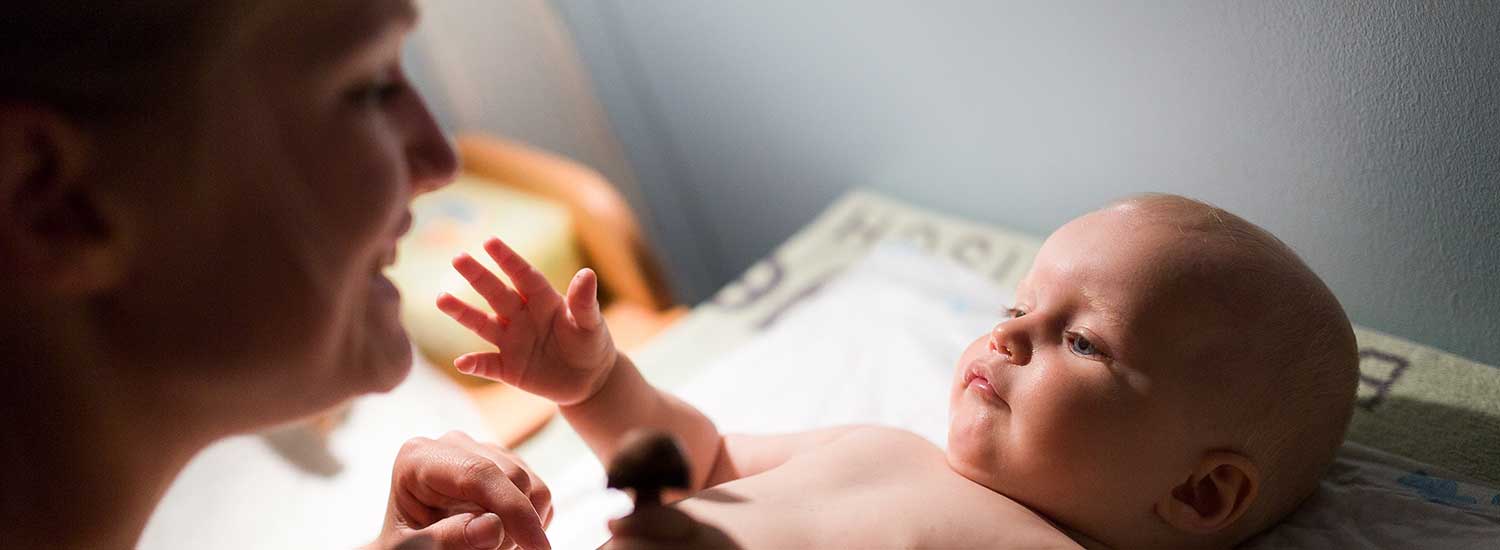Vaccination is a thorny issue. Although a voluntary form of disease prevention under current legislation (with the exception of the measles, mumps and rubella vaccination), this issue has polarised public perceptions of health and disease like no other. Advocates and opponents of vaccination alike are quick to exploit old prejudices and invoke traditional boundaries. Politicians and the media are constantly calling on us to ensure that we and our children are vaccinated. Yet the indiscriminate recommendation to make use of every available vaccine certainly runs the risk of merely fulfilling the demands of a clearly profit-oriented pharmaceutical industry. Here we should certainly adopt a more critical approach.
In recent years, there have been repeated discussions in the public sphere about the need for mandatory vaccinations; it has even been suggested that any criticism voiced by medical professionals should be legally sanctioned. In such a frenzied atmosphere, it is not easy to approach this topic sensibly.
Anthroposophic medicine, which I represent here, is not generally against vaccinations. Rather, it advocates responsible decision-making by considering each individual case. In our practice we promote a tailored and sustainable vaccination strategy that takes account of various risk factors such as the age and state of health of the individual as well as possible allergies or intolerances.
We are particularly concerned that parents deal with this issue in a responsible manner in order to find the most suitable pathway for you, your child and your current stage in life. Our aim is to support you in this process with information and advice. In a face to face discussion, we will weigh up the latest findings on individual vaccinations and disease outcomes, current recommendations of the Standing Commission on Vaccination (STIKO) as well as alternative vaccination procedures so as to assess the benefits and risks as well as long-term immunological effects. As doctors, we are obliged to provide positive information on vaccination as well as to explain the likely side effects. Usually all statements and contents of this discussion with you are empirically backed by scientific findings or suggetions if these are rare.
Long-term effects on the immune system
A vaccination always represents some kind of interference with the body and its immune system. The vaccination programme recommended by the Standing Commission on Vaccination in Germany begins in the first three months of life. However, it is also possible to start a course of vaccination later. This is based on the idea that the body’s immune system takes time to mature during the first year of life. In infants, vaccinations could thus have immunological repercussions for the rest of their lives, a negative impact that has not yet been sufficiently or conclusively investigated. Further, the toxicological aspects of vaccines and their possible side effects, e.g. on neurological development, have not yet been suitably clarified. In 2006, a recommended combi-vaccine aimed at preventing six diseases was withdrawn from the German market due to indications that it may have caused deaths in the second year of life. In 2015, France’s health authorities withdrew their recommendation for rotavirus vaccination for all infants after two deaths were reported to be linked to the vaccine. In July 2020, the number of 6-fold vaccinations to be administered in infancy was reduced from 4 to 3 shots, a reaction of STIKO to scientific studies from 15 years previously and not “according to the latest expert findings” (Ärzte Zeitung), as reported by the press. This new advice to vaccinate 3 times rather than 4 times in the first year of life was largely ignored by the media. As the majority of scientific studies on the safety of vaccines is partly or entirely financed by the manufacturers, the studies that exist are not always independent scientific studies.In the Westernised nations of the world, we can see an alarming rise in inflammatory, allergic and autoimmune diseases. There is evidence that the frequent use of antibiotics, fever-reducing medicines and vaccines has a negative impact on the development and maturation of the immune system. Further, it appears that acute inflammatory diseases in infancy can promote “immunological learning” as the body comes to recognize and actively overcome these illnesses. Some scientific studies have already suggested a link between early vaccination and the later incidence of allergies or autoimmune diseases. Two studies published in leading international publications (Alm and Swartz 1999 in The Lancet; Flöistrup et al. 2006 in Journal of Allergy Clinical Immunology) have shown that children who grow up in households with anthroposophic lifestyles suffer much less frequently from allergies in later life than would be expected from the parental history of allergic disorders. These children had been less often vaccinated and treated with fewer antibiotics or fever-reducing remedies.
An individual understanding of health and illness
In anthroposophic medicine, illness is seen as a unique opportunity for development on the physical, spiritual and psychological levels. In particular, childhood illnesses are viewed as crises which allow the still young organism to build up a healthy immune system. This means that you should strive to support your children with the necessary means to stimulate rather than block their natural health-promoting resources in a sustainable way. At the same time, it is important to ensure that the risk of developing a serious preventable disease is not greatly increased. Here the crux of the matter is individual decision-making.Leaflets published by the Gesellschaft Anthroposophischer Ärzte in Deutschland (GAÄD) (Society of Anthroposophic Physicians in Germany) can help you weigh up the various options regarding vaccination. Additional up-to-date, practical information can be found on the homepage of Doctors for an Individual Decision on Vaccination.



